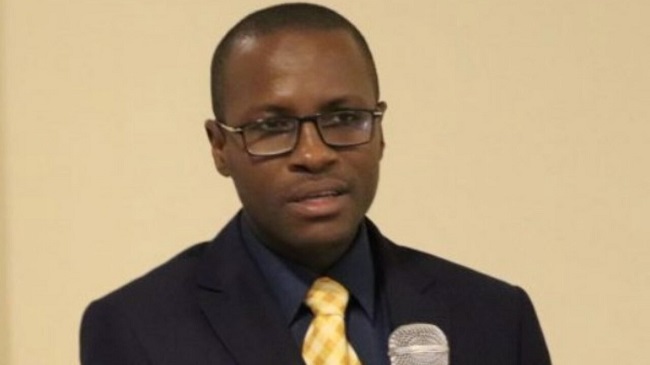The Chairman of the Independent Corrupt Practices and Other Related Offences Commission (ICPC), Dr. Musa Adamu Aliyu SAN, has declared that corruption is a significant obstacle to Nigerians’ collective aspirations and meaningful development, emphasizing that the damage it has inflicted on the country’s public service is immeasurable.
Aliyu expressed this in his welcome address at an executive session with the heads of Ministries, Departments, and Agencies (MDAs) on “Normative Approaches to Corruption Prevention.” The session was organized by the ICPC, through its research and training arm, the Anti-Corruption Academy of Nigeria (ACAN), with support from the MacArthur Foundation as part of its corruption prevention mandate.
Emphasizing the role of Chief Executive Officers (CEOs) of government MDAs in curbing corruption in the public sector, Aliyu affirmed that the ICPC would not hesitate to prosecute CEOs found guilty of corrupt practices as part of its enforcement mandate.
According to the ICPC chairman, “Corruption is a major impediment to our collective aspirations and meaningful development as a people. The havoc it has wrought on the public service and our nation at large is beyond measure.”
He explained that the executive session was designed to foster discussions on effective collaborative approaches to preventing corruption in MDAs, stressing the importance of leadership in reducing corruption within the public sector. He noted, “Prevention is better than cure.”
Aliyu highlighted that, in line with Section 6 (a-f) of the ICPC Act 2000, the Commission’s mandates include corruption prevention, enforcement, and public education and enlightenment.
“While prevention is the primary focus of this session, aimed at helping CEOs develop individual and collective strategies for corruption prevention, the Commission will not shy away from its enforcement mandate to prosecute any CEO found guilty of engaging in corrupt practices,” he said.
He also noted that the ICPC engages in preventive measures, such as system study and review, corruption risk assessment, and implementing the Ethics and Integrity Compliance Scorecard across MDAs. Through the Anti-Corruption Academy, the ICPC also strengthens public officers’ understanding of integrity, anti-corruption, and good governance.
ALSO READ:APC youth disown group over call for Matawalle’s sack
Dr. Aliyu pointed out that as President Bola Tinubu works to guide Nigeria toward stability, it is essential that CEOs of MDAs fulfill their roles responsibly. “As the administration of President Bola Ahmed Tinubu strives to steer this nation toward safe harbor, it is only fitting that, as Chief Executives, we play our part and avoid actions that could derail this mission,” he said.
He urged the CEOs to use the session as an opportunity to share ideas, experiences, and strategies to navigate internal and external challenges, particularly institutionalized practices that could entrap them in future corrupt activities.
“This is why it’s crucial for you to know the ‘dos’ and ‘don’ts’ to avoid becoming victims or inadvertently abetting corruption within your agencies,” Aliyu stated.
He concluded by noting that the session aimed to address the challenge of understanding why “good people” sometimes fall into corrupt practices upon their appointment as CEOs.
Get real-time news updates from Tribune Online! Follow us on WhatsApp for breaking news, exclusive stories and interviews, and much more.
Join our WhatsApp Channel now
